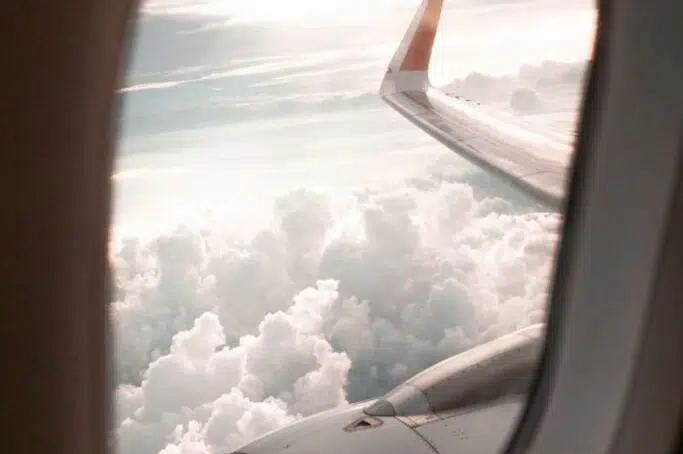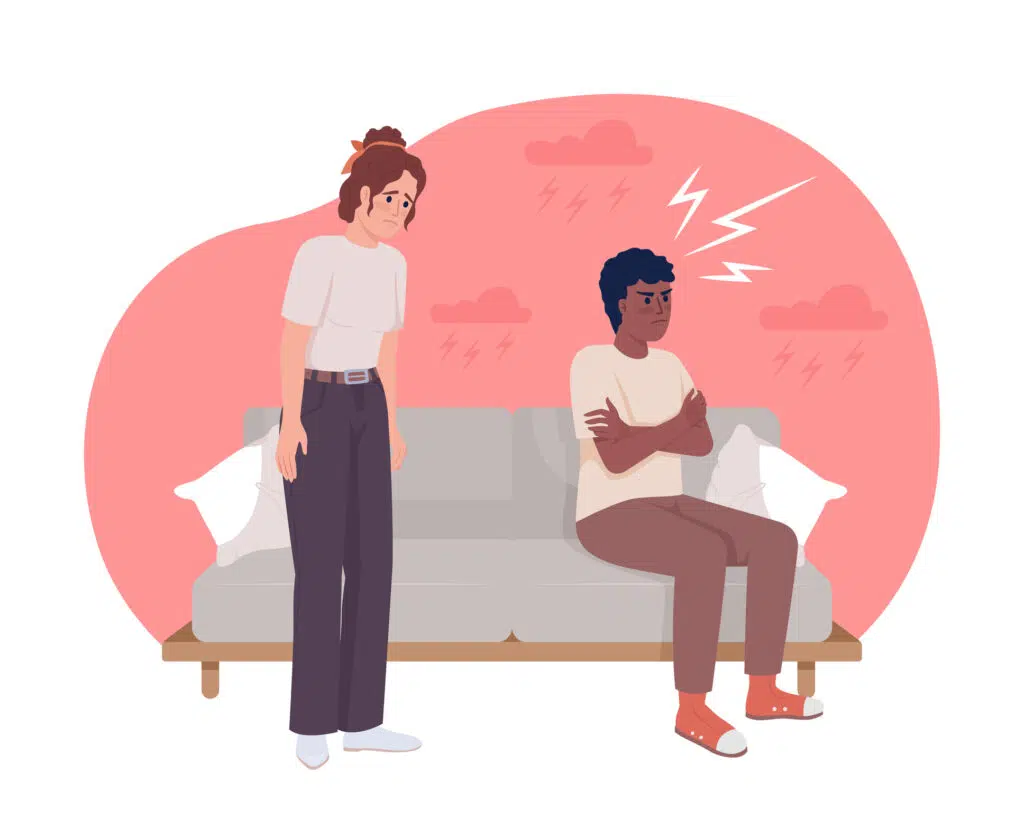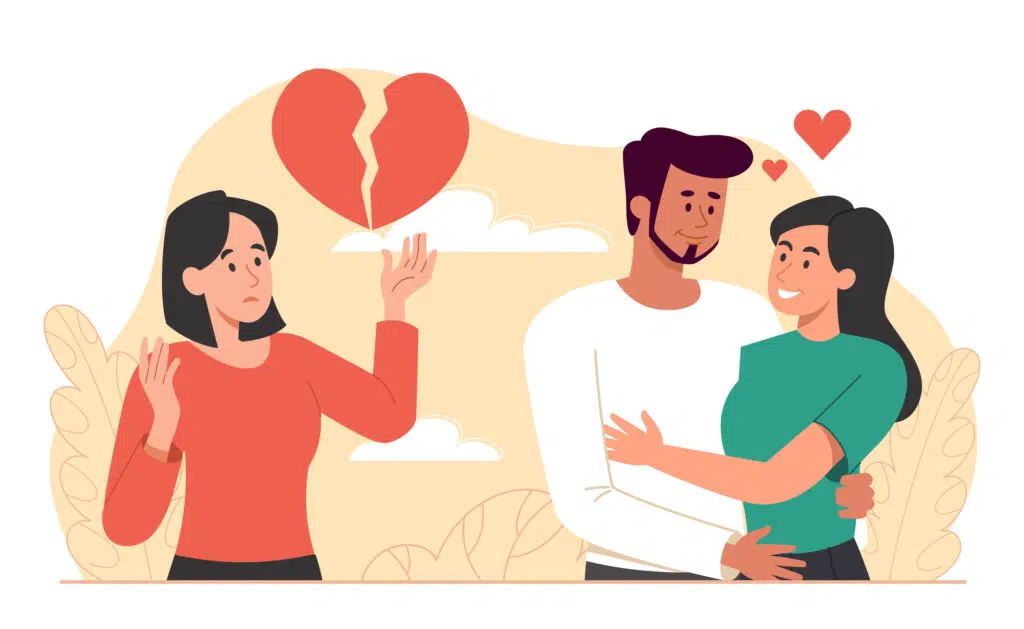What to Know About Fear of Flying (Aerophobia)

Traveling is exciting for many of us. It allows us to enjoy a change in scenery and indulge in new experiences. However, some people experience fear and anxiety when it comes to traveling by air. There are uncomfortable aspects of flying, such as turbulence, crowded spaces, and other physical sensations one might encounter during flight.
Many people develop a specific phobia regarding flying, which is called aerophobia or aviophobia. Aerophobia affects around 20 million people in the US alone. While passing discomfort is normal during flights, individuals who have this condition experience intense and lasting fear, anxiety, or even panic attacks when they travel by air. Some might even encounter these uncomfortable feelings even at the thought of air transportation.
With air travel becoming a more common and available mode of transportation, people who have aerophobia may experience limited options when traveling. The fear of flying is more than just a passing feeling for these people, and it’s essential to learn how to overcome it.
How Can You Tell If You Have Aerophobia?
Individuals with a fear of flying experience intense and lasting anxiety when they fly or think about air travel. Much like other specific phobias, these fears are incredibly distressing and are often out of proportion to the dangers of the situation. People with aerophobia will often go out of their way to avoid flying and may experience panic attacks during flights.
People with aerophobia often encounter physical and psychological symptoms when they fly or think about flying. These include chills, nausea, irritability, shortness of breath, increased heart rate, shaking, sweating, upset stomach, flushed skin, a feeling of choking, and an intense fear of dying.
What Causes a Fear of Flying?
Aerophobia often has no specific cause, but there are various factors that play a role in the development of this condition. Some fears are passed down through genetics or conditioning by the person’s parents. Trauma regarding flights, fear of confined spaces and heights, and increased exposure to negative events (such as news about plane crashes) can also play a role in strengthening the phobia.
How to Overcome the Fear of Flying
Fear and anxiety are normal parts of our everyday lives. However, if these negative emotions begin to cause significant distress, limit the person’s functioning, and become unmanageable, it’s time to seek the help of a fear and anxiety therapist. Like many specific phobias, the fear of flying can be treated or lessened with medications, therapy, or a combination of the two.
Some types of psychotherapy, such as cognitive-behavioral therapy (CBT), can enable people to develop healthier ways of thinking and behaving. This treatment option can help mitigate the fear and anxiety involved in flights. The therapists can also equip individuals with relaxation and mindfulness techniques to manage their feelings during distressing situations.
Seek the Help of a Licensed Mental Health Therapist
The fear of flying is a common condition that can be distressful and limiting. It entails various physical and psychological manifestations, and it’s not easy to live with. Fortunately, this phobia is treatable. With the help of professional therapists, individuals with aerophobia can better manage their thoughts and feelings regarding air travel.
If you’re looking for a mental health therapist for aerophobia near Midtown and Soho, NYC, Los Angeles, CA, and Miami, FL, let the Thriving Center of Psychology assist you. Our licensed professionals can devise personalized treatment plans and provide you with the skills to face the challenges of everyday life. Contact us today to learn how we can help.
How Do You Find Aerophobia Therapist Near Me?
If you find yourself on the internet searching terms such as “Aerophobia near me” and being overwhelmed, you’re not alone. Thriving Center has psychologists and fear of flying specialists in NYC, LA, Miami, and all around the country who are experts in helping people work with their fears using only the most up-to-date evidence-based therapeutic interventions. Take our short Matchmaker Survey to find the psychologist or Aerophobia therapist who is the best fit for your life or feel free to browse our fear of flying therapists by city:
Fear of Flying Therapists in NYC, New York
Fear of Flying Therapists in Miami, Florida
Fear of Flying Therapists in Fort Lauderdale, FL
Fear of Flying Therapists in Los Angeles, CA
Fear of Flying Therapists in Princeton, NJ
Fear of Flying Therapists in Chicago, IL
Fear of Flying Therapists in Boston, MA
Fear of Flying Therapists in Portland, OR

How to Move On After a Friendship Breakup
Friendship breakups can sting just as much as a romantic breakup. After all, you’re experiencing a loss of shared history and an understanding of each other that can leave you feeling lonely and isolated. Not all friendships are forever, but moving on from the loss of a friendship does take time and some self-compassion.

Signs You’re in a Toxic Relationship
A toxic relationship can chip away at your well-being and happiness. Toxic partners can be manipulative and charming, making it difficult to recognize the signs that you’re in a toxic relationship. You deserve to be in a supportive and healthy relationship.

10 Common Marriage Reconciliation Mistakes to Avoid After Infidelity
Infidelity can leave couples devastated. If you’ve been affected by infidelity and want to salvage your relationship, rebuild trust, or make a tough decision, keep reading for 10 common reconciliation mistakes to avoid after infidelity.

Survey: 72% of Americans are Stressing About the Upcoming Presidential Election
Political viewpoints in the U.S. have always been contentious, but is the impact of politics in the United States making it difficult for people to live their everyday lives? With some anticipating another brutal and long campaign season ahead of the upcoming 2024 presidential election, nearly half of Americans say politics is negatively impacting their mental health.




